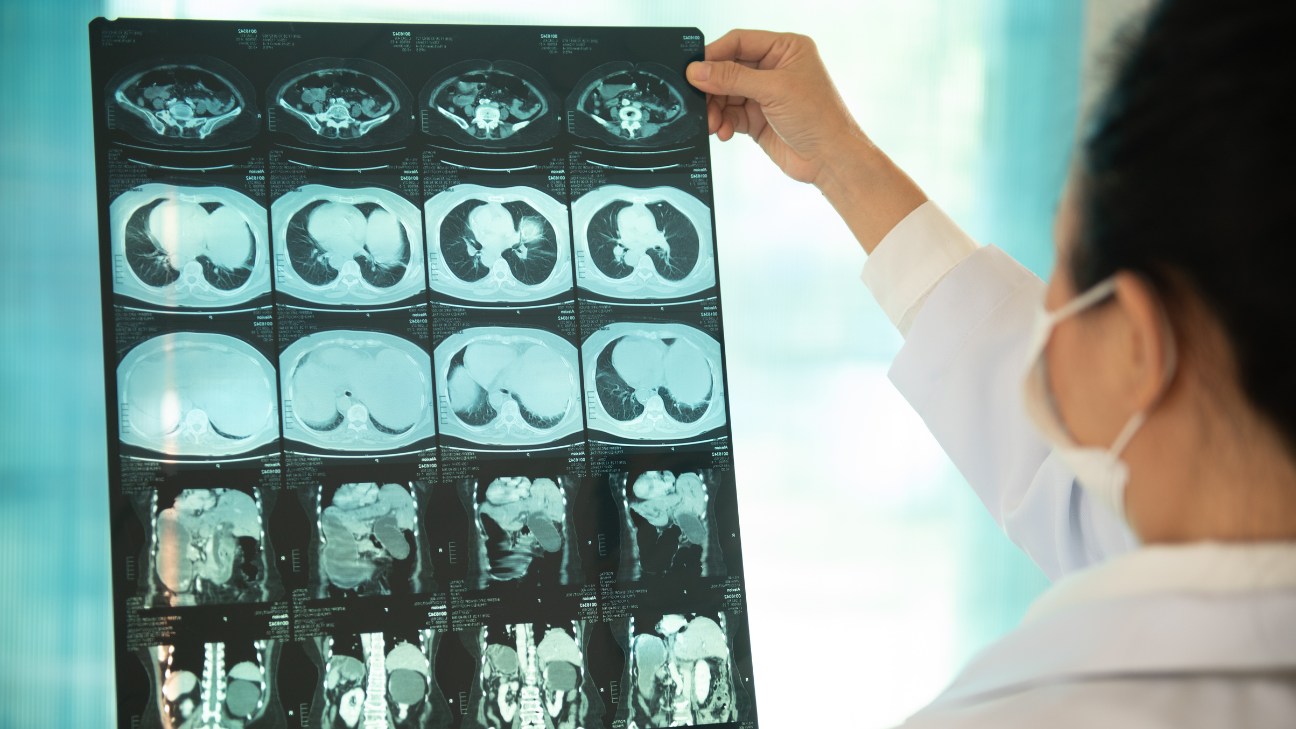common symptoms include stomach pain, indigestion and weight loss. other symptoms might include loss of appetite, changes to bowel habits, recently diagnosed
diabetes, digestive problems like feeling full quickly, gas and bloating, vomiting, blood clots, fatigue, and jaundice. finding it hard to swallow food, fever and shivering are less common symptoms.
it’s worth noting that these symptoms are wide ranging and can be also linked to a number of other conditions, from gallstones to hepatitis — which is even more reason to have them checked by a doctor.
pancreatic cancer diagnosis
because the symptoms are so vague, it may take several trips to the doctor for tests before receiving a definitive diagnosis. blood tests, an ultrasound of the abdomen, a ct scan, an mri, a pet-ct scan and a biopsy are all commonly performed to get a proper diagnosis. ercps (a kind of x-ray) and mrcps (a kind of mri) may also be performed along with, in rare cases, a laparoscopy or ‘keyhole surgery’ to determine if the cancer can be removed by surgery. these tests help determine whether you have cancer, and how to approach treatment if you do.
pancreatic cancer risk factors
there are a few
main risk factors associated with pancreatic cancer. an estimated 90 per cent of people with it are 55 years of age or older — it’s exceedingly rare for younger people to develop pancreatic cancer. age is a non-modifiable risk factor, meaning something that cannot be altered by lifestyle changes. genetics, race and sex are other non-modifiable risk factors associated with pancreatic cancer as men, people of african-american and ashkenazi-jewish descent, people living with
diabetes and people with pancreatic cancer in the family are all
more likely to develop it.
 3 minute read
3 minute read




















